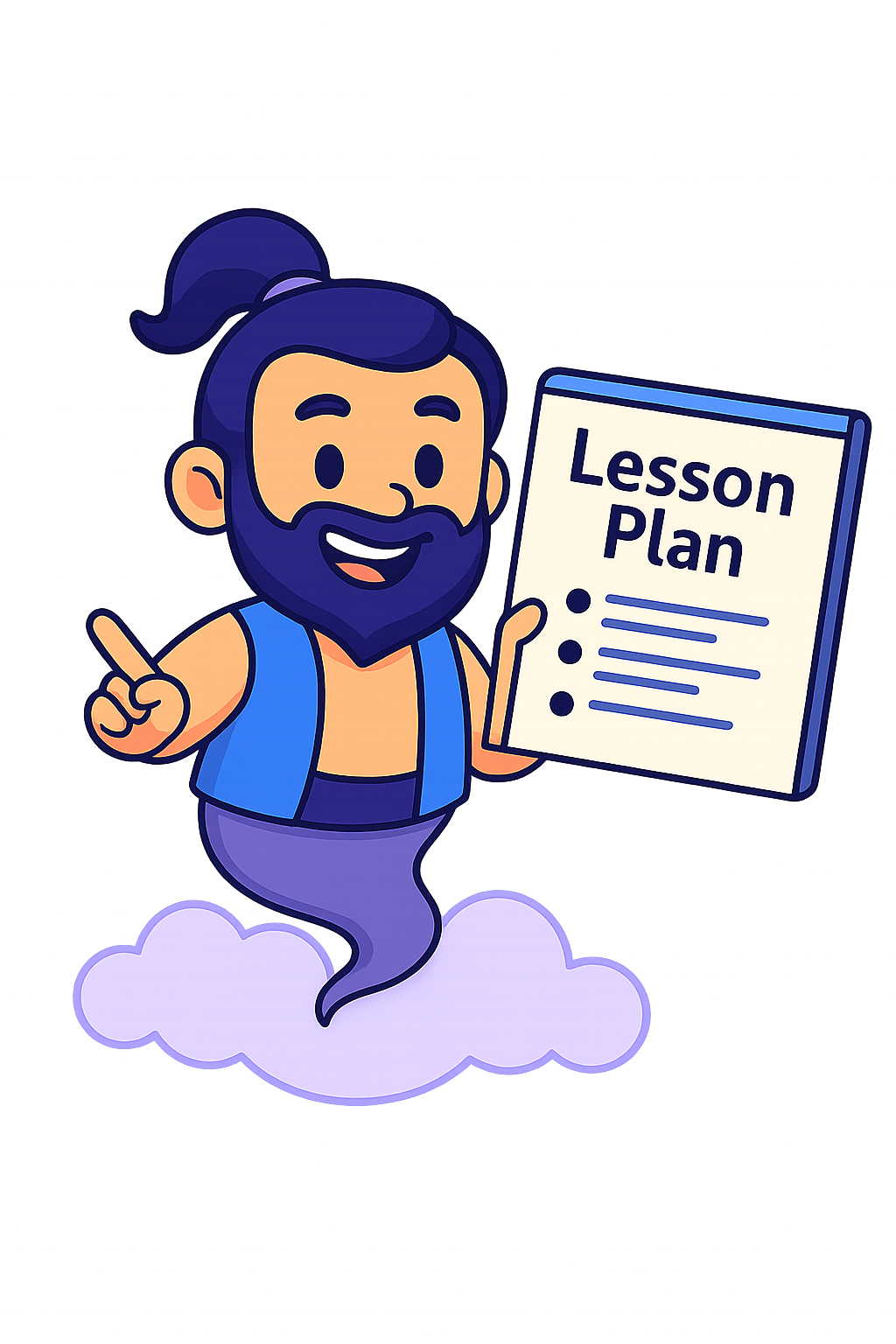 Writing Informative Texts: Using Precise Language
Writing Informative Texts: Using Precise Language
Objective: Students will learn to develop the topic of their writing by using precise language and domain-specific vocabulary to clearly convey ideas.
Learning Objectives
- Understand what informative writing is and its purpose.
- Identify precise words and domain-specific vocabulary in a text.
- Use precise language to write clear and detailed sentences about a topic.
Materials Needed
- Paper or writing notebook
- Pencils and erasers
- Sample informative text (age-appropriate)
- Word list of domain-specific vocabulary related to a chosen topic (e.g., animals, weather, or plants)
- Colored pencils or markers
Key Vocabulary
- Informative Text
- A type of writing that gives facts and information about a topic.
- Precise Language
- Words that clearly and exactly describe something.
- Domain-specific Vocabulary
- Words that are specific to a particular subject or topic.
Detailed Activities
Introduction to Informative Writing and Vocabulary
- Begin by reading a short, age-appropriate informative text aloud to your child.
- Discuss the topic of the text and ask your child to point out any words that describe the topic clearly.
- Introduce the terms ‘precise language’ and ‘domain-specific vocabulary’ using simple definitions.
- Show the word list related to the chosen topic and read through the words together.
Practice Using Precise Language
- Ask your child to pick a topic from the word list (for example, animals).
- Help your child write 3-4 sentences about the topic using words from the domain-specific vocabulary list.
- Encourage your child to use precise language by choosing words that clearly describe the topic.
- Use colored pencils or markers to underline or highlight the precise words in their sentences.
Review and Share
- Read your child’s writing together and talk about how the precise words help explain the topic better.
- Ask your child to explain why they chose certain words and how those words help the reader understand the topic.
- Praise your child’s effort and encourage them to look for precise words whenever they write.
Parent & Instructor Notes
- This lesson focuses on helping your child use clear and accurate words when writing about a topic.
- You don’t need to be an expert in the topic—just support your child by encouraging them to think about the best words to describe what they know.
- Keep the atmosphere positive and praise attempts to use new vocabulary, even if the sentences are simple.
Assessment Questions
- What is an informative text?
- Can you find a word in your sentences that helps explain your topic better?
- Why is it important to use precise words when writing about a topic?
Extension Ideas
- Create a small illustrated booklet using domain-specific vocabulary about a favorite topic.
- Play a word matching game with domain-specific vocabulary and their meanings.
- Have your child teach a family member about the topic using the precise words they learned.
Frequently Asked Questions
Encourage them to use the word list and talk about the words together. Using pictures or examples can help them understand the meaning before writing.
Use the provided word list and sample text as guides. The goal is to support your child’s understanding of precise language, not content expertise.
Teacher’s Guide
Common Misconceptions:
- Students may think using any words is enough without focusing on clarity.
- Students might confuse precise language with difficult or long words; precise language means clear and exact words, not necessarily complex ones.
Scaffolding Ideas:
For Struggling Students:
- Provide a smaller list of vocabulary words and use pictures to support understanding.
- Work together to write sentences before having the child try independently.
For Advanced Students:
- Encourage writing longer informative paragraphs using a wider range of domain-specific vocabulary.
- Have the child research a new topic and create their own word list.
Pacing Recommendations:
- Spend 10-15 minutes introducing the concept and vocabulary.
- Allow 20 minutes for guided writing practice with support.
- Use the last 10 minutes for review, discussion, and sharing.
Standards
- 3.W.2c — Write informative/explanatory texts to examine a topic and convey ideas and information clearly using precise language and domain-specific vocabulary.
Printable Worksheet
Plan Your Own Lesson
Looking for a custom lesson plan? Try our Lesson Planning Generator — create standards-based plans for any topic, instantly!
Common Core Aligned Lesson Plans
Looking for another common core lesson? See all of the lesson plans here.
More Free Lesson Plans
We’re adding more every week! Check back soon or explore all our lesson plans here.

 Writing Informative Texts: Using Precise Language
Writing Informative Texts: Using Precise Language
Leave a Reply